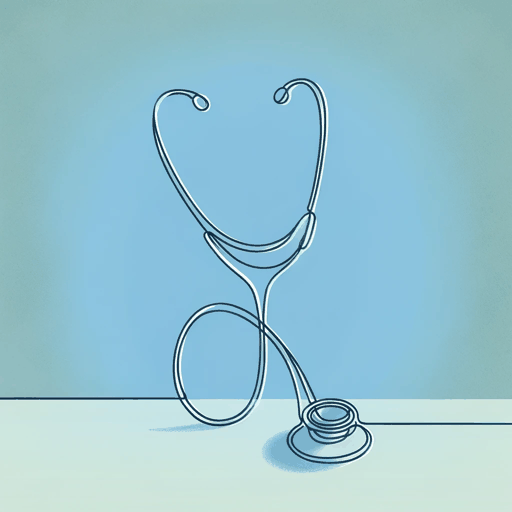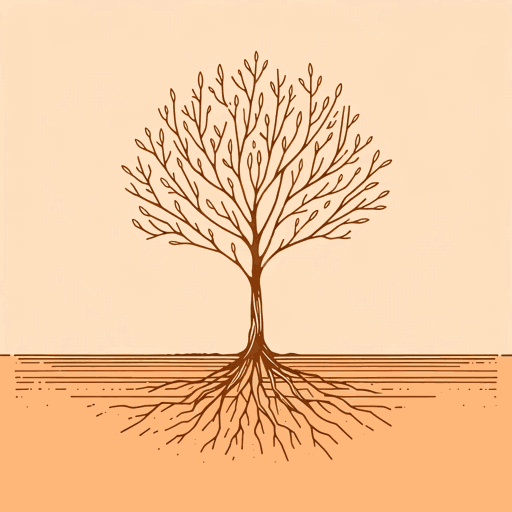56 pages • 1 hour read
Tracy KidderMountains Beyond Mountains: The Quest of Dr. Paul Farmer, a Man Who Would Cure the World
Nonfiction | Biography | Adult | Published in 2003A modern alternative to SparkNotes and CliffsNotes, SuperSummary offers high-quality Study Guides with detailed chapter summaries and analysis of major themes, characters, and more.
Important Quotes
“A circuitous argument followed. Farmer made it plain he didn’t like the American government’s plan for fixing Haiti’s economy, a plan that would aid business interests but do nothing, in his view, relieve the suffering of the average Haitian. He clearly believed that the United States had helped to foster the coup—for one thing, by having trained a high official of the junta at the U.S. Army’s School of the Americas. Two clear sides existed in Haiti, Farmer said—the forces of repression and the Haitian poor, the vast majority. Farmer was on the side of the poor. But, he told the captain, ‘it still seems fuzzy which side the American soldiers are on.’”
(Chapter 1, Page 5)
Tracy Kidder describes his first encounter with Paul Farmer as he confronts the American special forces unit in Haiti. Kidder does not explain Farmer’s views in detail until later, but his argument about the Americans goals reflects his liberation theology, which views class struggles as a fight between good and evil, as well as the anthropological work that he later compiles into The Uses of Haiti. Later, Farmer tells Kidder that he isn’t angry at the soldiers themselves, noting that many come from low-income neighborhoods and aren’t responsible for decision making.
“On maps of Haiti, the road we traveled, National Highway 3, looks like a major thoroughfare, and indeed it is the gwo wout la, the only big road across the central plateau, a narrow dirt track, now strewn with boulders, now eroded down to rough bedrock, now, on stretches that must have been muddy back in the rainy season, baked into ruts that seemed designed to torture wheels, hooves, and feet. It wound through arid mountains and villages of wooden huts. It forded several streams. Trucks of various sizes, top-heavy with passengers, swayed in and out of giant potholes, raising clouds of dust, their engines whining in low gear.”
(Chapter 3, Page 18)
As the only major roadway from Port-au-Prince to Cange, National Highway 3 exemplifies the country’s inequality as the road becomes increasingly unstable the further into the countryside Kidder travels. The road becomes a metaphor for Haiti’s poverty as Kidder describes how various people react to the dreadful conditions, from Tom White insisting on bringing construction teams over to Serena Koenig worrying about floods and bandits interfering with a medical transport.
“He was staring out at the impounded waters of the Artibonite. […] From here the amount of land the dam had drowned seemed vast. Still gazing, Farmer said, ‘To understand Russia, to understand Cuba, the Dominican Republic, Boston, identity politics, Sri Lanka, and Life Savers, you have to be on top of this hill.’
The list was clearly jocular. So was the tone of his voice. But I had the feeling he had said something important. […] In any case, he seemed to think I knew exactly what he meant, and I realized, with some irritation, that I didn’t dare say anything just then, for fear of disappointing him.”
(Chapter 4, Page 44)
Farmer takes Kidder to the Lac de Péligre, a lake created by the damming of the Artibonite River, which flooded farmland and caused a refugee crisis. To the doctor, it is a symbol of how foreign aid projects place business interests over the poor and how miserable conditions often have “many linked causes” (44).
Related Titles
By Tracy Kidder






